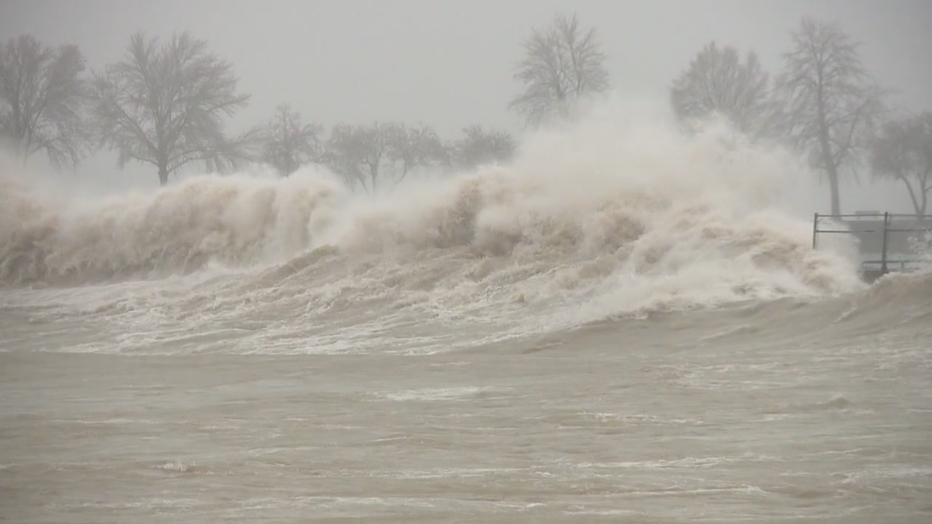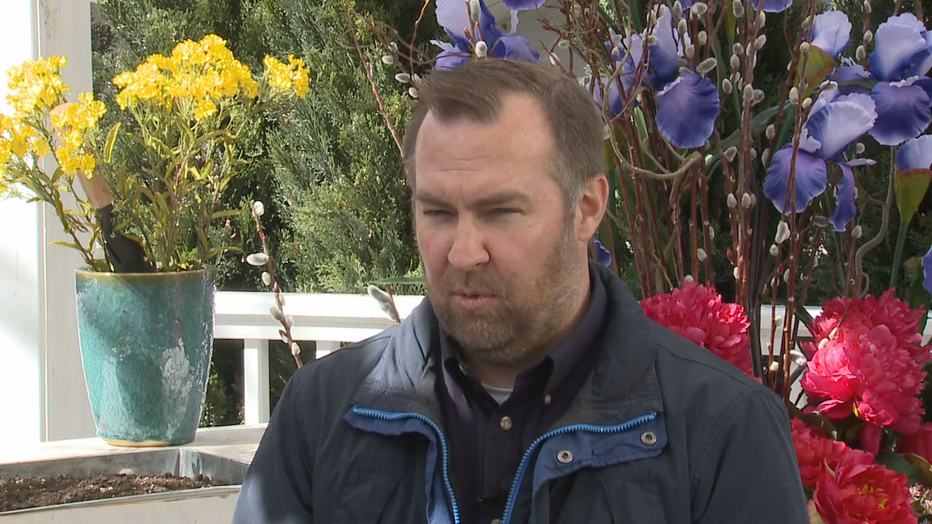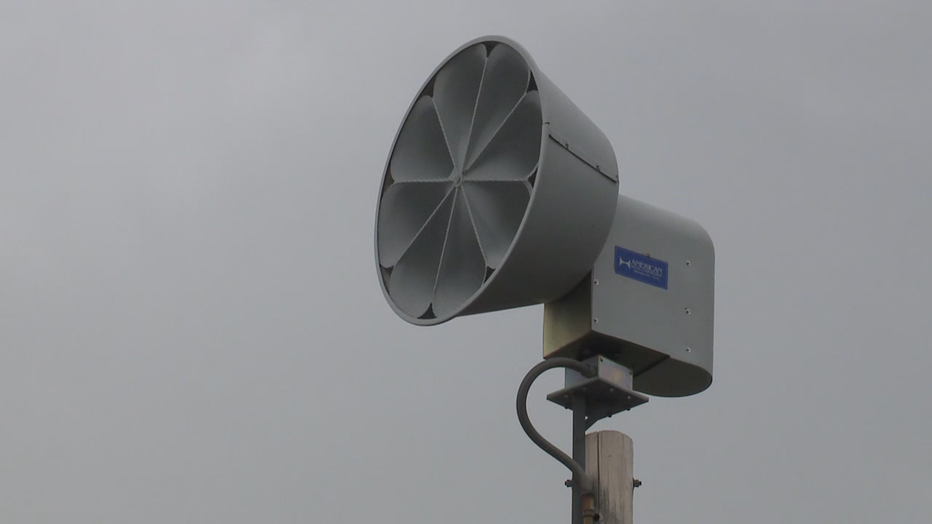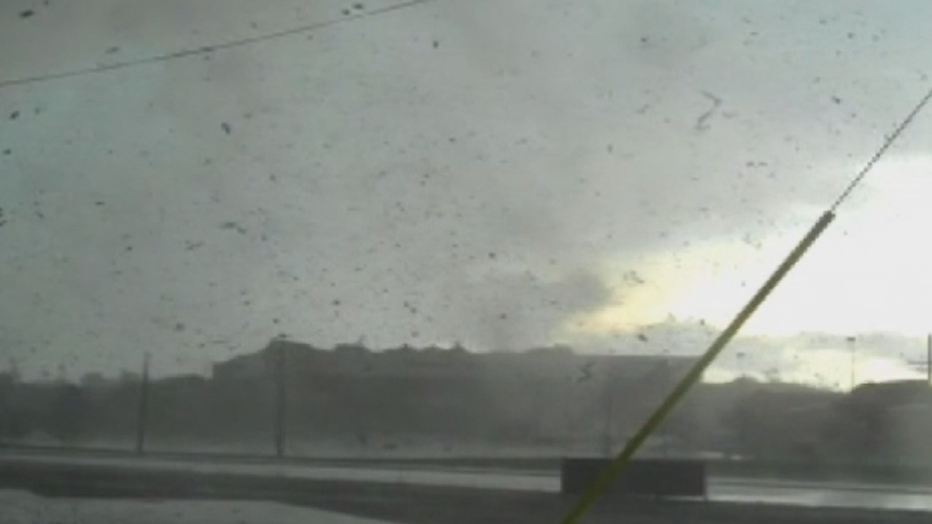Get ready for severe weather; tips from the FOX6 Weather Experts

Severe weather season begins; how to stay safe
Do you and your family have a plan in the event of severe weather? The FOX6 Weather Experts have some great advice.
MILWAUKEE - Many of us spend winter dreaming of the day spring returns to Wisconsin. But that warmer weather also means the return of severe storms.
Do you know where to go to stay safe? How has COVID-19 changed school severe weather protocols? Our FOX6 Weather Experts want to make sure you and your family are ready.
The fury of Mother Nature can be fascinating, awe-inspiring, and deadly. Every year around this time, we brace ourselves for severe weather season.

While severe thunderstorms and weather can happen any time of the year, spring brings a unique atmospheric setup that is ripe for storm development. The good news is we have the power to mitigate the dangers simply by being prepared and understanding the risk.
It's important to know the difference between a watch and a warning when there's a chance for severe weather. Simply put, a watch is when severe weather is possible. A warning is issued when severe weather is actually happening and there's an imminent threat to life as well as property.
Tim Halbach is the Warning Coordination Meteorologist for the National Weather Service in Milwaukee/Sullivan, which means he's in charge of issuing those Watches and Warnings. How do he and his team prepare for severe weather season?
"We start trying to make people aware of some of the things they can do to stay safe," said Halbach. "Making sure they have multiple ways to receive warnings, whether it's a cell phone, weather radio, turning on the news and listening to what's happening there."

Tim Halbach
Of course, knowing severe weather is on the way is only the first step. To truly stay safe, you need to know what to do and where to go, no matter where you are.
If you're in your home or a building during severe weather, the safest place to be is in a basement or storm shelter, especially if the threat is a tornado. Be sure to bring along a weather radio with extra batteries so you can hear those alerts and warnings as well as a First Aid kit. You can carry along pillows and helmets to make sure you and your family stay safe.

If you don't have a basement or a storm shelter, the next best place is in an interior room in the center of your house. Put as many walls as you can between you and the outside as possible.
When thunder roars, head indoors. But what if indoors isn't possible?
Avoid being on the top of hills or ridges. Stay away from lone trees and seek shelter in forested areas with uniform tree heights. If there are no trees, stay as close to the ground as possible and avoid lakes and streams.
If you're out on the water come to land as quickly as possible. Groups need to spread out as much as possible. All of these steps will reduce your risk of being struck by lightning.

Like everything else in our world, COVID-19 has taken its toll on severe weather preparedness. So, what about our kids? Thousands are returning to in-person school and most went without a tornado drill for over a year. Are they prepared?
FREE DOWNLOAD: Get breaking news alerts in the FOX6 News app for iOS or Android
Milwaukee Public Schools principal Peggy Mystrow says they are ready and the kids have already had a practice run.
"We did it during the time of the statewide drill and it went off without a hitch," said Mystrow. "Masks up, crouch position, and they just go to that inner side of the hallway. We had to use both sides of the hallway, but we were six feet apart."
Southeast Wisconsin may not be the heart of tornado alley. But severe weather outbreaks have been intensifying in recent years -- and we need to be prepared. Knowing what to do, where to turn for information and where to be when severe storms strike can make the difference between life and death.
Featured
Lake Michigan stops warm fronts in their tracks, here is why
The same principles that dictate how you heat and cool your home govern why Lake Michigan acts as a bully to Spring warm fronts
Featured
Changes for Wisconsin State Parks begin April 30 amid pandemic
The Wisconsin DNR announced there are several operations updates at State Parks and other DNR-managed lands beginning this week.
Featured
2021 Wisconsin State Fair on with health guidelines amid pandemic
Officials announced the 170th Wisconsin State Fair will take place in accordance with health guidelines Thursday, Aug. 5 through Sunday, Aug. 15.




